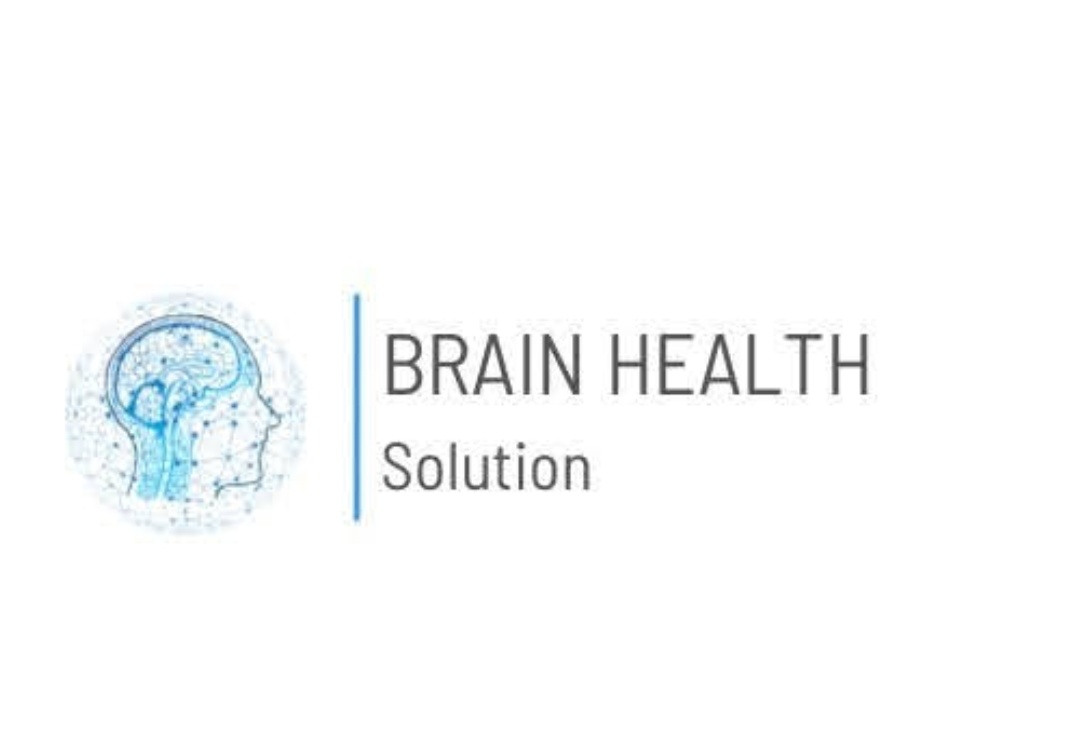How to Recognize the Signs of Burnout and Recover From It?
- Admin

- Jun 6, 2025
- 3 min read

Burnout is a common but often misunderstood condition that affects millions worldwide. If you’re feeling constantly exhausted, overwhelmed, or detached, you might be experiencing burnout. At Brain Health Solution, led by Dr. Kamal Bhatia, we provide expert psychiatric care and support to help you recognize, manage, and recover from burnout.
In this blog, you’ll learn how to identify the key signs of burnout, understand its causes, and discover effective strategies for recovery. Our goal is to empower you with knowledge and tools to regain your mental wellness.
What Is Burnout? Understanding the Basics
Burnout is a state of emotional, physical, and mental exhaustion caused by prolonged stress. It is often related to work but can also stem from other areas of life, such as caregiving or personal challenges.
Why Burnout Matters
If left untreated, burnout can lead to serious health issues, including depression, anxiety, and chronic physical conditions. Recognizing burnout early is critical for timely intervention.
Top Signs of Burnout: How to Know If You’re Burning Out
Here are the most common signs of burnout according to psychiatric experts:
Persistent fatigue despite rest
Loss of motivation and enthusiasm
Increased irritability or cynicism about work or life
Difficulty concentrating and forgetfulness
Sleep disturbances such as insomnia or restless sleep
Physical symptoms like headaches, muscle tension, or stomach issues
Feeling emotionally detached or overwhelmed
If you identify with several of these symptoms, it may be time to take action. (Source)
What Causes Burnout? Key Risk Factors
Burnout usually develops from continuous exposure to stress without adequate recovery.
Common causes include:
Heavy workload and unrealistic deadlines
Lack of control over your responsibilities
Poor work-life balance
Lack of social support
Misalignment between personal values and work demands
How to Recover from Burnout: Practical and Effective Strategies
1. Acknowledge Your Burnout
Admitting that you are experiencing burnout is the first and most important step toward healing.
2. Prioritize Rest and Self-Care
Focus on getting enough sleep, eating nutritious meals, and engaging in regular physical activity.
3. Set Healthy Boundaries
Learn to say no and establish limits to protect your time and mental health.
4. Build a Support Network
Connect with trusted friends, family, or support groups to share your feelings and experiences.
5. Practice Mindfulness and Relaxation Techniques
Incorporate meditation, deep breathing exercises, or yoga to reduce stress.
6. Seek Professional Psychiatric Help
At Brain Health Solution, Dr. Kamal Bhatia offers expert evaluation and treatment plans to help you manage burnout effectively.
Why Choose Brain Health Solution for Burnout Treatment?
Experienced Psychiatrist: Dr. Kamal Bhatia is a board-certified psychiatrist with years of experience in treating mental health conditions.
Personalized Care: We tailor treatments to your individual needs, combining therapy, medication management, and lifestyle coaching.
Compassionate Approach: Your mental wellness is our priority, and we provide a supportive, judgment-free environment.
Convenient Access: Virtual therapy sessions and online consultations make it easier to get help from anywhere in Maryland and Virginia.
Take the First Step Toward Recovery Today
Don’t let burnout control your life. Early intervention leads to better outcomes. Contact Brain Health Solution now to schedule your consultation with Dr. Kamal Bhatia and start your path to recovery.
Visit www.brainhealthsolution.com/services or call us for an appointment.
Frequently Asked Questions (FAQs)
Q: How long does it take to recover from burnout? A: Recovery varies by individual but often involves weeks to months of rest, therapy, and lifestyle changes.
Q: Can burnout lead to depression? A: Yes, if untreated, burnout can increase the risk of developing depression and anxiety disorders.
Q: Is burnout recognized as a medical condition? A: The World Health Organization recognizes burnout as an occupational phenomenon affecting mental health.
By understanding the signs of burnout and taking proactive steps, you can restore your energy, motivation, and mental health. At Brain Health Solution, we’re here to support you every step of the way.
.png)



Comments